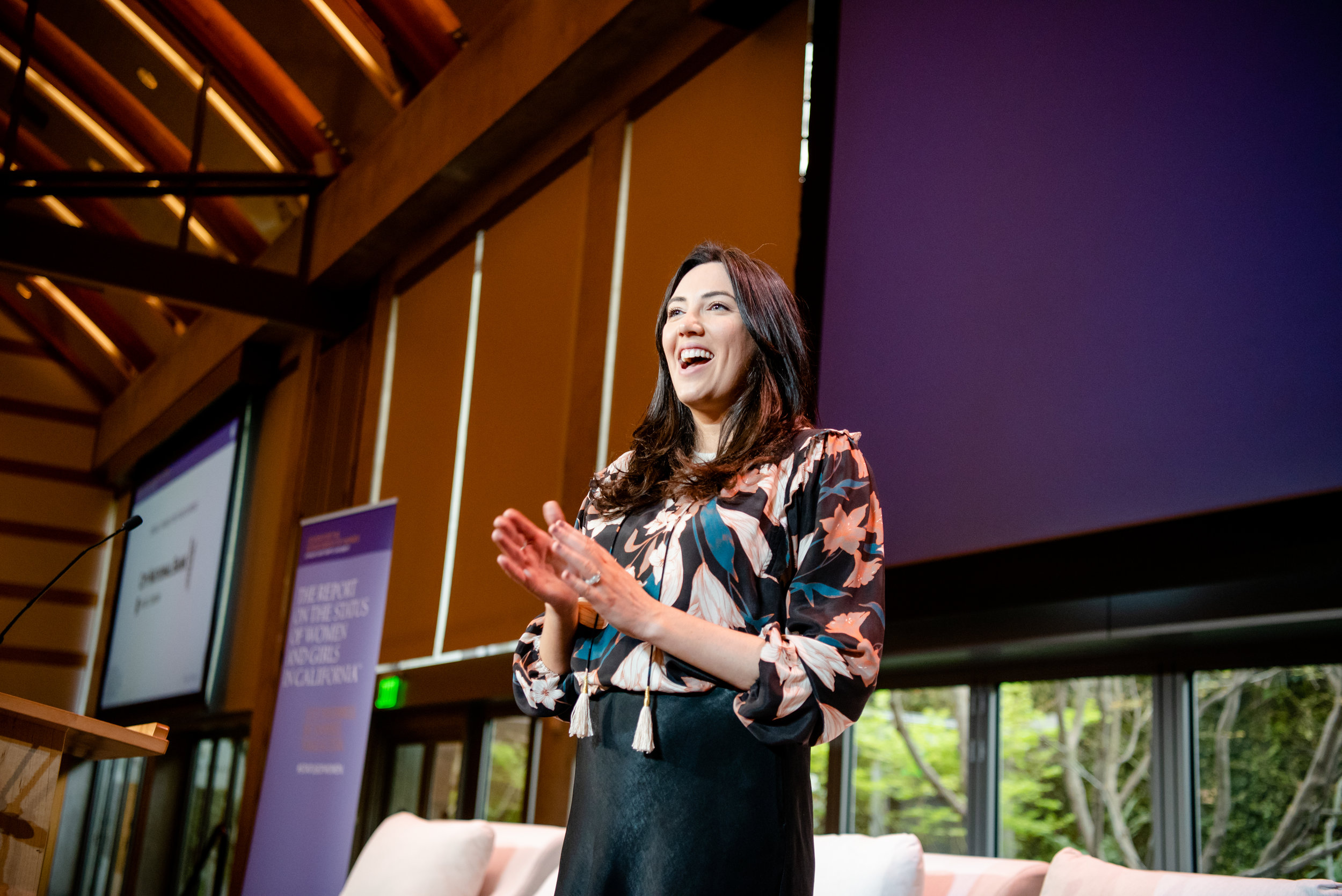It's Time to Pay Her, Too
While we regularly see articles about pay equity in the workplace, the silence is deafening when it comes to equal compensation for event speakers.
Brady Hahn.
One exception was in 2017 when best-selling author Luvvie Ajayi made headlines for speaking out against The Next Web conference in Amsterdam. Upon being invited to speak, Ms. Ajayi was told the conference does not pay speakers, when, in reality, they do pay and/or cover travel for some speakers. Since then, there has been little attention to the topic.
Event producers talk about money as it pertains to sponsorships and ticket sales covering production costs, but the subject of speaker pay is rarely discussed as an essential line item in the budget, especially when it comes to women-only and co-ed conferences. Yet, paying women speakers is essential to changing the faces we see on stages.
One of the two main revenue sources for conferences is ticket sales (the other being sponsorships), and a main driver of those ticket sales is the speaker lineup. Now more than ever, audiences crave meaningful experiences, and brands want to engage with consumers by being a part of creating those memorable experiences. Speaker selection is at the core of shaping a conference’s content and experience.
It’s not insignificant that the findings from a national survey that will be released late this summer as part of The Women's Professional Conference Experience & Impact Study reveal that the respondents’ primary consideration when deciding whether or not to attend a conference is the speaker lineup.
Who is speaking is more important than the location of the event and the ticket price.
I used to be proud of the fact that I had helped clients book hundreds of speakers for free — mostly women — but then, last year, I referred about 20 women to a partner for their upcoming women’s conference. The organizer wrote a few weeks later to tell me that they were thrilled a total of 15 committed (so, if you still believe the myth that women are “difficult” to book, you are wrong). They also noted something that caught my attention — not a single one of these stellar professionals asked to be paid.
Not one.
It bears mentioning that they were not offered to be paid, either. For context, some of those I referred hold positions at large companies that support speaking with travel reimbursements; however, others were entrepreneurs and nonprofit leaders that would have appreciated the opportunity to get paid.
There are numerous articles across the internet and Facebook groups dedicated to telling speakers “how to get paid to speak”, but very few address the need for pay transparency on the part of organizers with clear calls to action and suggested solutions to make speaker pay a part of every event budget.
Speakers improving their pitch to get compensation isn’t the problem. The problem lies in the system behind both women-only and co-ed conferences that assumes women will give their time and talent for free, instead of working from the assumption that they deserve to be paid.
It’s time to have a different conversation.
Putting more women on stages should also mean paying them equally for their time and professional expertise. We must demand pay equity along with equal representation on stage. Change will require a combination of all sides working toward the same goal: we need event organizers to offer more transparency about how they run their events, and we need sponsors and attendees to ask more questions before they invest themselves and their money in events.
A move toward pay transparency is essential to ensure that women are compensated for their professional time and expertise.
Brady Hahn is the founder of Brady Hahn Consulting, a holistic strategy firm based in Los Angeles. Her projects include the Insight Collective, connecting professional women to speaking opportunities and event organizers to a diverse cross-section of women experts from across the country through The Speaker List and co-authoring The Women's Professional Conference Experience & Impact Study (summer 2019) with the Center for the Advancement of Women at Mount Saint Mary’s University. Follow her on Twitter at @bradyhahn.


